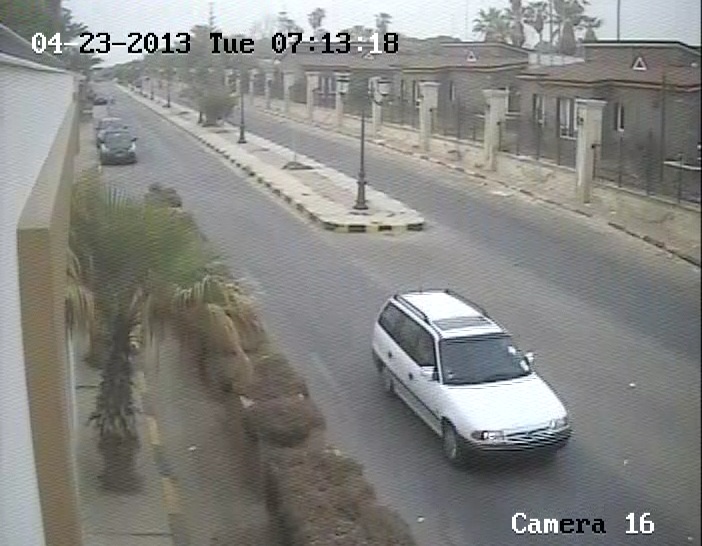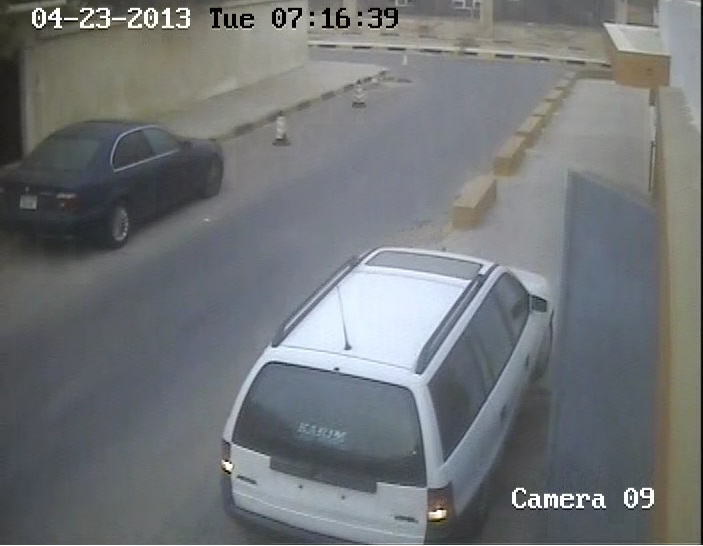Washington DC
I am back in Washington DC for a few days and am observing with disbelief some of the partisan dictated nonsense about last September’s assault on the U.S. consulate in Benghazi. “Disbelief” is an exaggeration: having lived and worked in Washington for years and having covered U.S. politics and Capitol Hill for more than a decade, I know full well how partisans here can twist almost anything into a pretzel, helped by journalists and commentators who are too lazy to delve much and prefer to ignore inconvenient facts.
Take for example Thomas Sowell’s latest punditry – here is a link to the full article. He says the claim that the attack started out as a protest against an anti-Islamic movie and then ran amok was made up by the Obama administration.
He writes: “This ‘spontaneous protest’ story did not originate in Libya but in Washington. Neither the Americans on duty in Libya during the attack on the consulate in Benghazi, nor officials of the Libyan government, said anything about a protest demonstration.” Sorry Thomas they did and I reported it at the time.
The protest story started in Tripoli and came from top Libyan officials, including then Libyan Prime Minister-elect Mustfa Abushugar. In my coverage from Tripoli and Benghazi I expressed some skepticism pretty much from the start about the protest line but I did report what Abushugar and others were saying and noted the total confusion in Tripoli about who was responsible and what occurred.
Here is a quote from a September 15 Daily Beast article I wrote based in part from an interview with Abushugar’s then adviser and spokesman Mohamed Al Akari.
“Akari says that the Libyan authorities have found no evidence of direct (Al Qaeda) participation in the consulate attack. ‘So far we really believe that this was a violent demonstration mainly against the movie that swung out of control. The protesters saw on television what was happening in Egypt and decided to have their own protest. We have no evidence at all that this was Al Qaeda.’”
Abushugar and his aides repeated this line for several days – the prime minister-elect did so with me during several conversations and he made clear that this was what he was telling the Americans.
Admittedly, not all of Libya’s top officials agreed with that line: the president of the General National Congress, Mohamed Magarief, said he believed the assault was planned, was Al Qaeda connected and involved foreigners. He was eager to shift the blame away from Libyans and to dispute a homegrown angle. The outgoing Prime Minister, Abdurrahim Abdulhafiz El-Keib, shifted from pinning the blame initially on “remnants of the former regime” to suggesting that the consulate attack was a “despicable act of revenge” for 9/11.
Confusion and contradiction persisted for days in Tripoli after the assault and the death of U.S. ambassador Christopher Stevens and three other Americans. I noted in an article on September 13 this:
“As members of Libya’s national assembly elected a new Prime Minister, U.S.-trained engineer Mustafa Abushagur, conflicting reports persisted about how Ambassador Christopher Stevens died during the storming by armed militants of the U.S. consulate in Benghazi. Some American and Libyan officials say the attack that led to the death of four diplomats and the wounding of several others was more coordinated than originally thought but they cautioned much still needs to be pieced together.”
And I also reported this:
“There were some indications of advanced planning mixed in with opportunism, they say, pointing to the fact that the heavily-armed assailants came well equipped with rocket-propelled grenades and anti-aircraft guns and were able to maintain sustained firefights with Libyan and American security guards at two separate locations—the main consulate compound, a walled-off villa in an upscale district in the city that housed the small temporary mission, and another building a mile away where some staff made for to escape the attack.”
It is hardly any wonder there was confusion in Washington when officials were getting contradictory statements from their Libyan interlocutors.
Do I see no fault with the Obama administration then? From my perspective there were serious security lapses. The consulate wasn’t a building easy to defend. The reliance on local militias for security was a mistake. Christopher Stevens shouldn’t have been overnighting in Benghazi – in fact he planned to stay five days. There were plenty of warning signs with previous attacks on Western targets, including an assassination attempt on the British ambassador that came very close to killing him, that should have deterred the American ambassador from visiting Benghazi. And to go there during the anniversary week of 9/11 was an astonishing decision, a point made by several Libyan rebel leaders who were close friends with Stevens.





